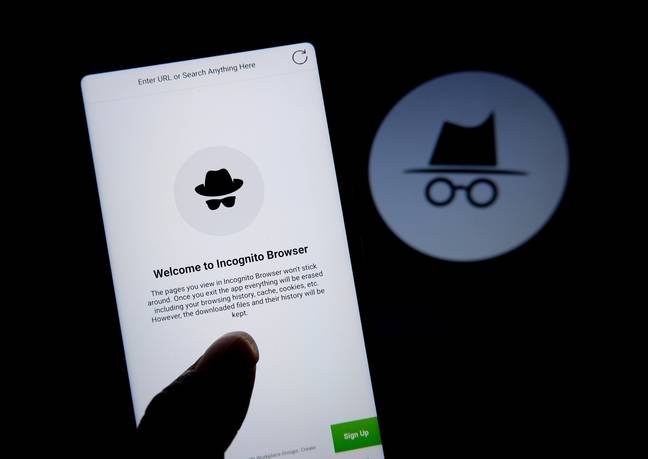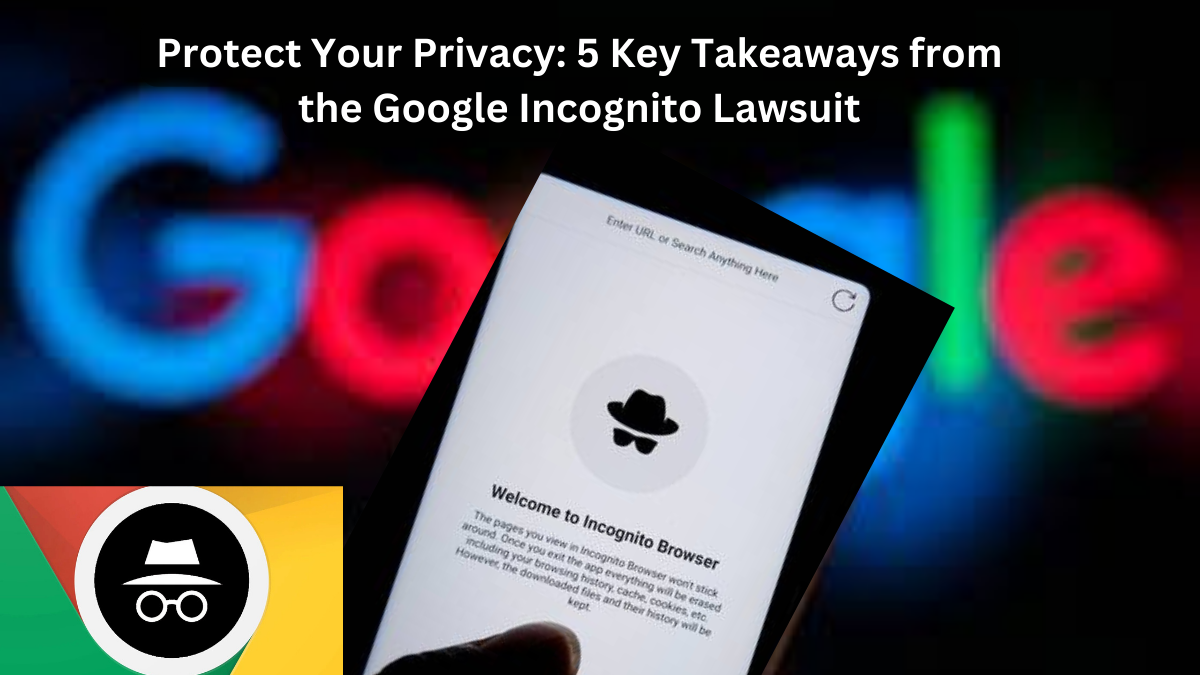Remember that shady browsing session in “incognito mode“? Turns out, it might not have been as private as you thought. In a groundbreaking case, Google has agreed to settle a $5 billion lawsuit accusing the tech giant of tracking users’ activity even when they were supposedly browsing privately. But what exactly went down, and what does it mean for your online privacy? Let’s break it down:
Table of Contents
The Allegation:
The lawsuit, filed in 2020, claimed that Google continued to collect data on users who were browsing in incognito mode on Chrome, as well as in similar “private browsing” modes on other browsers. This data allegedly included websites visited, searches made, and even location information.
The Argument:
The plaintiffs argued that Google’s behavior was deceptive and misleading, as users expect incognito mode to provide a private browsing experience. They feared this information could be used for targeted advertising, profiling, or even sold to third parties.

The Settlement:
While the specific terms of the settlement remain confidential, the $5 billion figure alone highlights the seriousness of the allegations. It’s the largest privacy settlement ever reached in the US, reflecting the growing public concern about online data collection practices.
What This Means for You:
- Increased Scrutiny for Big Tech: This case is a major win for digital privacy advocates and could pave the way for further legal action against companies accused of mishandling user data.
- Read the Fine Print: It’s important to understand the limitations of “private browsing” modes. They primarily prevent information from being stored locally on your device, but your activity may still be tracked by websites and internet service providers.
- Take Control of Your Data: Use privacy-focused tools and settings to limit data collection when browsing online. This includes using a VPN, clearing your browsing history regularly, and being mindful of the permissions you grant to websites and apps.
Further Questions:
- Did Google intentionally mislead users about the incognito mode’s capabilities?
- How widespread was this data collection, and how was it used?
- Will this settlement prompt changes to how incognito mode operates?
These are just some of the questions that remain unanswered. The ongoing legal process may shed more light on Google’s practices and offer further insights into protecting your online privacy.
You may also like:
AI vs. Ink: The New York Times Sues Tech Giants Over Bot-Fueled News Theft
Beyond Google:
This case is a wake-up call for the entire tech industry. Companies need to be transparent about their data collection practices and respect user expectations around privacy. As reliance on online services grows, ensuring control over our digital footprints becomes increasingly crucial.
Remember, your online privacy is your right. Stay informed, take steps to protect yourself, and hold tech companies accountable for their data practices.

One Reply to “Google Settles $5 Billion Incognito Tracking Lawsuit: What You Need to Know”